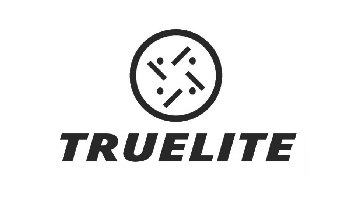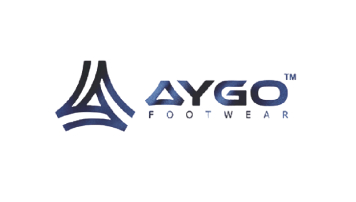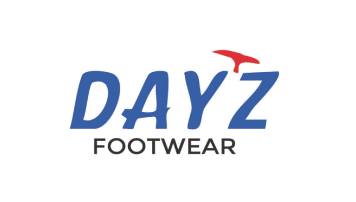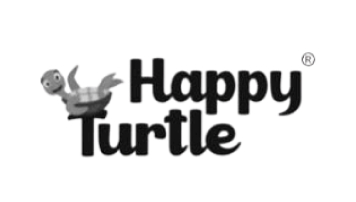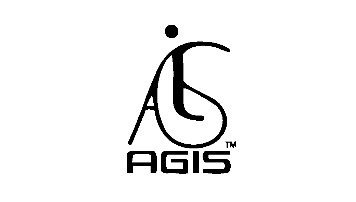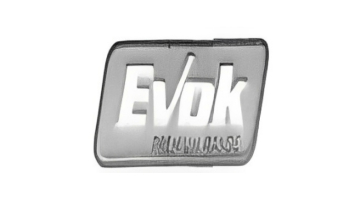The Battery Waste Management Rules, 2022 (effective from August 22, 2022) replaced the earlier Battery (Management and Handling) Rules, 2001. These rules ensure that used batteries are collected, recycled, or refurbished in an environmentally responsible manner instead of being dumped in landfills or incinerated.
Assisted in 1200+ Battery Waste Management Registrations Free Expert Guidance & End-to-End Support Assured Lowest Price Guarantee Free Consultation on Import–Export Compliance & Battery Rules 2022 20+ Years of Experience, Serving 4700+ Companies Across India One-Stop Solution for All Battery Waste Compliance & Renewals The regulations apply to all types of batteries – industrial, automotive, portable, and electric vehicle (EV) batteries. Under the rules, producers and importers must: Obtaining an EPR Certificate for Battery Waste Management is mandatory for all battery producers, importers, assemblers, and recyclers. According to Rule 4(4), the regulations apply to: 👉 Producers must register on Form 1(A) via the CPCB online portal. Duties of Producers / Importers / Assemblers / Reconditioners Duties of Recyclers Collection Targets (Schedule – Rule 4(i) & 7(i)) EPR Registration for Battery Waste Management | BWM Rules 2022
Apply Battery EPR Authorization in Just 1 Day and Get Your Custom Clearance
Get connect with us
Introduction
Liability Under BWM Rules 2022
👉 These laws cover all battery types, irrespective of chemistry, size, or shape.
👉 Exemptions: Batteries used in defence, ammunition, war materials, and space equipment. Documents Required for EPR Registration (Battery Waste)
Duties of Stakeholders
Collection Targets (Schedule – Rule 4(i) & 7(i))
S.No.
Year
Number of Used Batteries to be Collected Back
1
During the first year of implementation of rules
50% of new batteries sold
2
During the second year of implementation of rules
75% of new batteries sold
3
After the second year of implementation of the rules
90% of new batteries sold
Renewal of EPR Authorization
Our Partners

